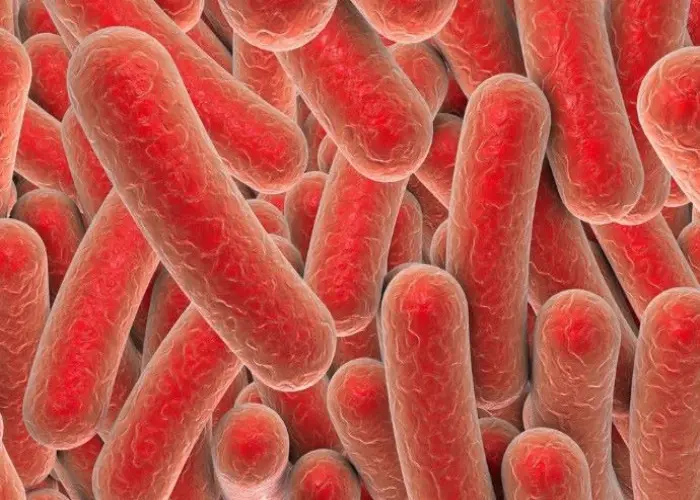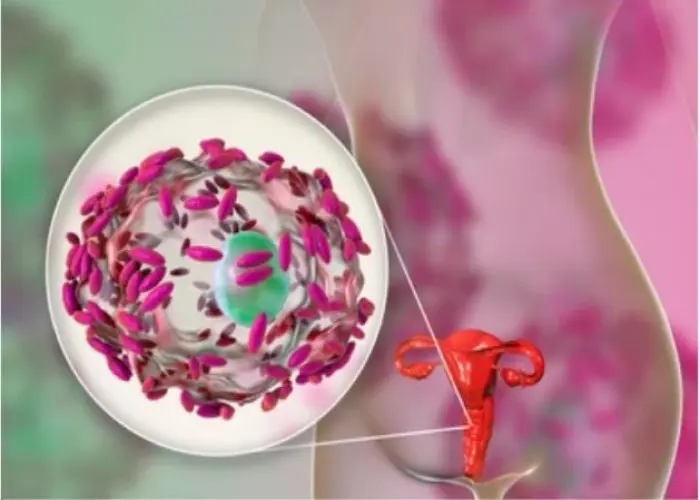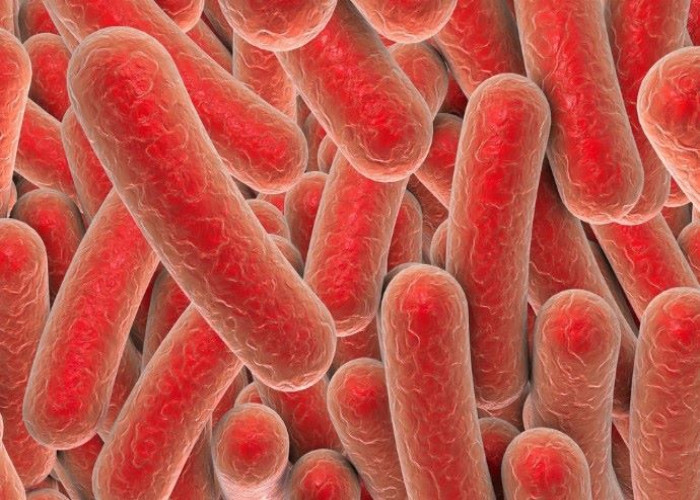 Welcome
Welcome
“May all be happy, may all be healed, may all be at peace and may no one ever suffer."
C. difficile infection

A C. difficile infection (CDI) is a type of bacterial infection that can cause inflammation of the colon or large intestine. It is most commonly associated with antibiotic use, as antibiotics can disrupt the normal balance of bacteria in the gut and allow C. difficile to grow and produce toxins. Symptoms may include diarrhea, fever, abdominal pain and cramping, and dehydration. Treatment options may include stopping the antibiotic that triggered the infection, as well as taking other antibiotics or medications such as probiotics, metronidazole or vancomycin to manage symptoms and prevent complications. In severe cases, hospitalization and more aggressive treatments may be necessary. It is important to take steps to prevent CDI, such as practicing good hand hygiene and avoiding unnecessary antibiotic use.
Research Papers
Disease Signs and Symptoms
- Abdomen pain
- Watery diarrhea three or more times a day for two or more days
- Pus in stool
- Weight loss
- Swollen abdomen (Ascites)
- Loss of appetite
- Kidney failure
- Nausea or vomiting
- Fever
- Dehydration
- Rapid heartbeat (tachycardia)
- Abdomen cramps
- People who have these conditions are often admitted to the intensive care unit.
Disease Causes
C. difficile infection
C. difficile bacteria enter the body through the mouth. They can begin reproducing in the small intestine. When they reach the large intestine (colon), they can release tissue-damaging toxins. These toxins destroy cells, produce patches of inflammatory cells and cellular debris, and cause watery diarrhea.
When the bacteria are outside the colon — virtually anywhere in the environment — they are in a dormant state, or essentially shutdown. This enables them to survive for a long time in any number of places:
- Human or animal feces
- Surfaces in a room
- Unwashed hands
- Soil
- Water
- Food, including meat
When bacteria once again find their way into a person's digestive system, they "wake up" and can begin to produce infection again. The ability of dormant C. difficile to survive outside the body enables the generally easy transmission of the bacterium, particularly in the absence of thorough hand-washing and cleaning.
Disease Prevents
C. difficile infection
To help prevent the spread of C. difficile, hospitals and other health care facilities follow strict infection-control guidelines. If you have a friend or family member in a hospital or nursing home, follow recommended practices. Ask questions if you observe caregivers or other people not following guidelines.
Preventive measures include:
- Avoid unnecessary use of antibiotics. Antibiotics are sometimes prescribed for nonbacterial conditions, such as viral illnesses, that aren't helped by these drugs. Take a wait-and-see approach for these illnesses. If you do need an antibiotic, ask your doctor if it's possible to get a prescription for a drug that is taken for a shorter time or is a narrow-spectrum antibiotic. Narrow-spectrum antibiotics target a limited number of bacteria species and are less likely to affect healthy bacteria.
- Hand-washing. Health care workers should practice good hand hygiene before and after treating each person in their care. In the event of a C. difficile outbreak, using soap and warm water is a better choice for hand hygiene, because alcohol-based hand sanitizers don't effectively destroy C. difficile spores. Visitors also should wash their hands with soap and warm water before and after leaving the room or using the bathroom.
- Contact precautions. People who are hospitalized with C. difficile infection have a private room or share a room with someone who has the same illness. Hospital staff and visitors wear disposable gloves and isolation gowns while in the room.
- Thorough cleaning. In any health care setting, all surfaces should be carefully disinfected with a product that contains chlorine bleach. C. difficile spores can survive exposure to routine cleaning products that don't contain bleach.
Disease Treatments
Treatments are used only if a person has signs or symptoms of infection. People who carry the bacteria — but are not sick — are not treated.
Antibiotics
If C. difficile infection is related to an antibiotic you're taking, your doctor will likely discontinue use of that drug. In many cases, however, an antibiotic treatment is critical for treating another infectious condition. Your doctor may prescribe a different antibiotic that is less likely to contribute to diarrhea related to C. difficile infection.
Antibiotics are the mainstay to treat C. difficile infection. Commonly used antibiotics include:
- Vancomycin (Vancocin HCL, Firvanq)
- Fidaxomicin (Dificid)
Metronidazole (Flagyl) may be used in combination with vancomycin to treat serious C. difficile infection.
Surgery
Surgery to remove the diseased portion of the colon may be necessary in some cases, including:
- Severe pain
- Organ failure
- Toxic megacolon
- Inflammation of the lining of the abdominal wall
Disease Diagnoses
Disease Allopathic Generics
Disease Ayurvedic Generics
Disease Homeopathic Generics
Disease yoga
C. difficile infection and Learn More about Diseases

Pediatric thrombocytopenia

Low sperm count

Dilatation of Stomach

Separation anxiety disorder

Bruxism (teeth grinding)

Aortic valve disease

Alzheimers disease

Bacterial vaginosis
C. difficile infection, C diff, Clostridium difficile, সি. ডিফিসিল সংক্রমণ
To be happy, beautiful, healthy, wealthy, hale and long-lived stay with DM3S.
